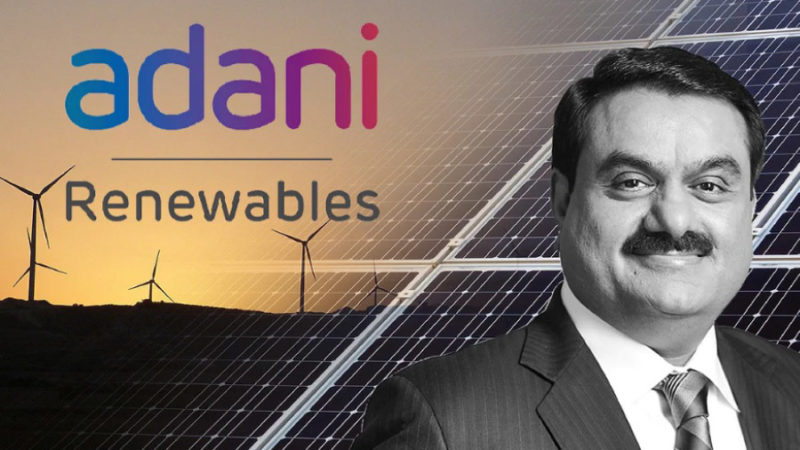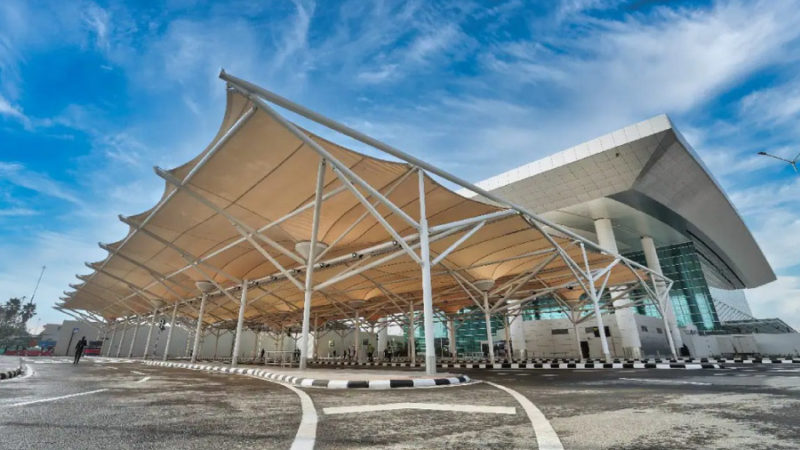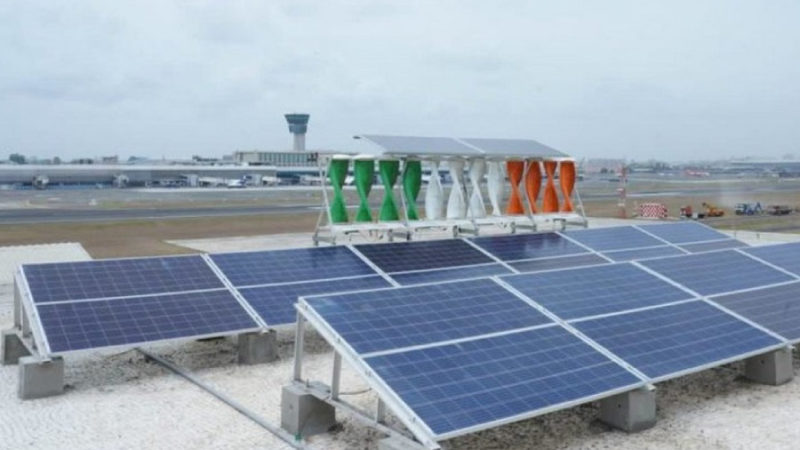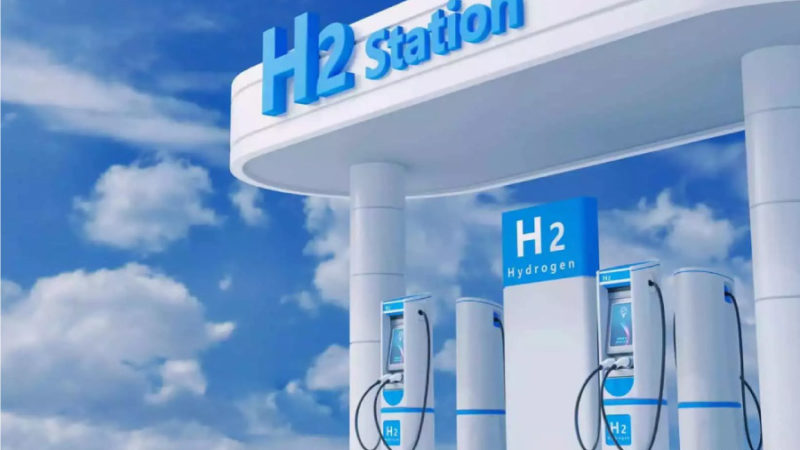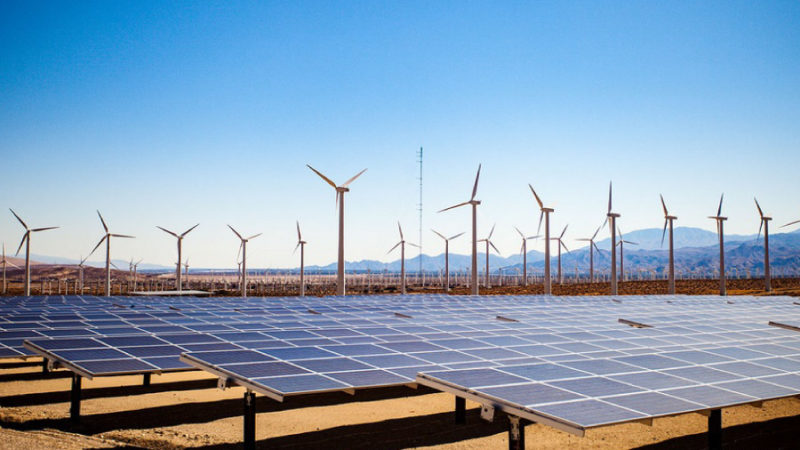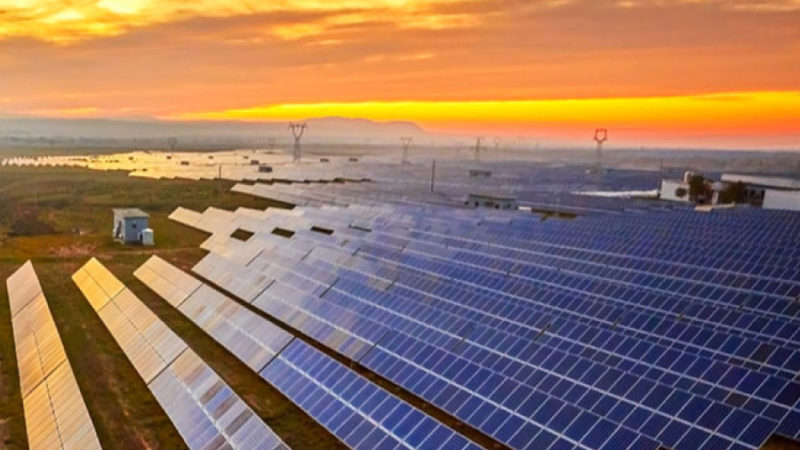SECI announces a 500 MW battery energy storage systems tender
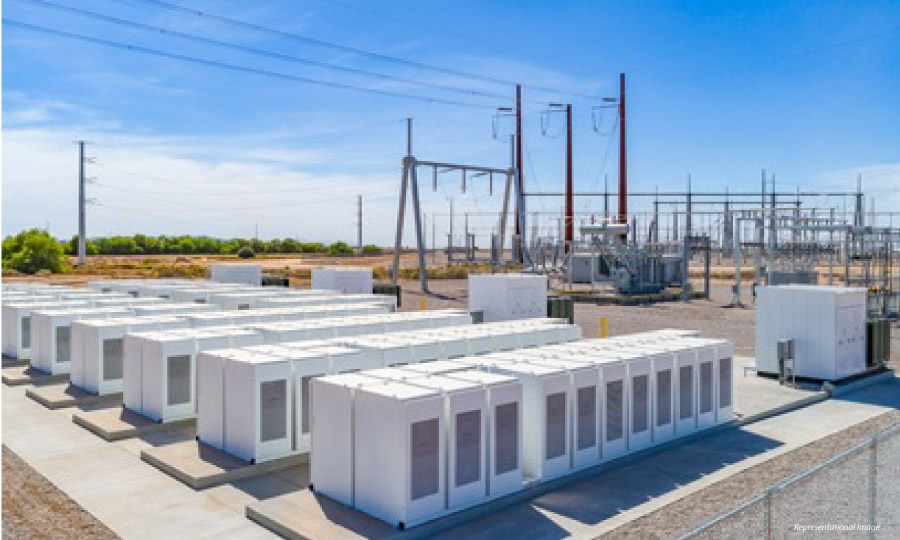
The tender in accordance with the MoP’s standard bidding guidelines was released in March 2022 that seeks to offer Discoms with storage facilities that could be used on a ‘on-demand’ basis.
In a release, the Ministry of New and Renewable Energy (MNRE) announced that the Solar Energy Corporation of India Ltd (SECI) has floated a tender for the installation of 500 MW (1000 MWh) Battery Energy Storage Systems (BESS) on a standalone basis,in India.
“Through this tender, the discoms will have access to storage facilities available for ‘on-demand’ use, making it a pioneering effort in the country. The tender was released in March 2022, in accordance with the Ministry of Power’s Standard Bidding Guidelines,” stated the ministry release.
The tender is for a total capacity of 1000 MWh (500 MW x 2 hours), divided into two projects of 500 MWh (250 MW x 2 hours). These projects will be placed in Rajasthan near the ISTS network’s of Fatehgarh-III Grid-Substation.
According to the MNRE, purchasing Entities would be granted storage capacity to charge and discharge the same daily using renewable energy, based on their energy shifting needs. The projects will be set up on a “Build-Own-Operate” basis, with the Project Developer in charge of the connectivity and relevant approvals.
The CTU will offer right-to-use land for the Projects to the Developers. SECI is the tender’s implementing agency, and it will procure capacity on behalf of the Buying Entities in exchange for a trading margin.
According to the ministry, “The composition of capacity off-take is a distinctive element of this tender. SECI would off-take 60% of the total capacity built under the tender on behalf of the Buying Entities, while the Developers will off-take 40% of the capacity through third-party or market sale.”
The government seeks to extend significant support for market growth in the energy storage area through this tender. NLDC, POSOCO will absorb 30% of the 60% capacity off-taken by SECI, for Grid Ancillary Services.
The developer will make the BESS accessible for two operating cycles per day, i.e. two complete charge-discharge cycles per day, as per the tender. The Projects must demonstrate yearly availability of 95%, monthly round-trip efficiency of 85%, and appropriate liquidated damages in the event of a failure in satisfying the aforementioned conditions.
The Scheduled Commissioning Date for the Projects has been set for 18 months after the Battery Energy Storage Purchase Agreement is signed (BESPA). Within 12 months of signing BESPA, financial closure must be reached. The project term period is 12 years.
The tender is seen as the first step toward the government’s immediate goal of installing 4000 MWh of battery storage capacity as part of a larger effort to enhance the use of renewable energy in the national grid.
A report on the optimal generation capacity mix for 2029-30 has been prepared by the Central Electricity Authority. The report notes that the Battery Energy Storage capacity of 27,000 MW/108,000 MWh (4-hour storage) is expected to be part of the installed capacity in 2029-30.
Connect with Power Insight: Facebook | LinkedIn | Twitter


